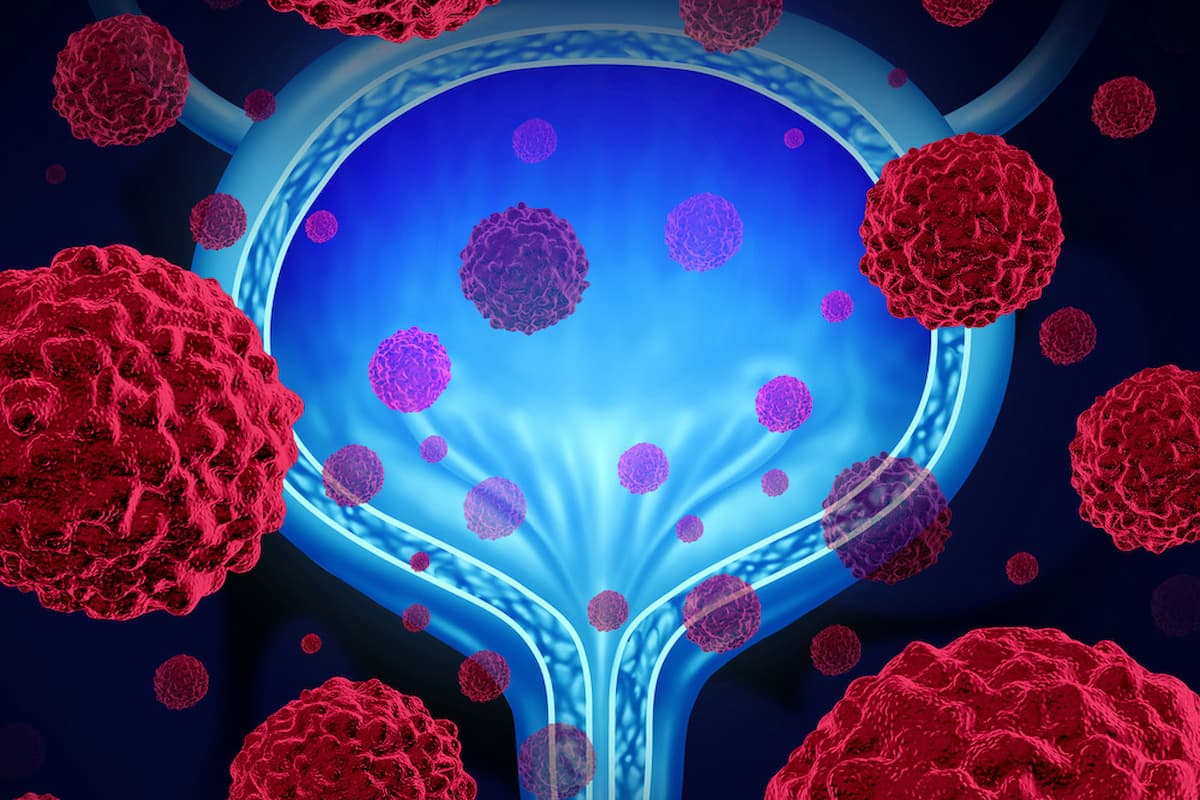EU’s CHMP Recommends Nivolumab Combo Approval in Urothelial Carcinoma
Findings from the CheckMate-901 trial support the CHMP’s positive opinion of nivolumab plus chemotherapy in metastatic urothelial carcinoma.
Supporting data for this recommendation came from sub-study findings from the phase 3 CheckMate-901 trial (NCT03036098). Investigators presented findings from this sub-study at the 2023 European Society for Medical Oncology Congress (ESMO).

The European Medicine Agency (EMA)’s Committee for Medicinal Products for Human Use (CHMP) has recommended the approval of frontline nivolumab (Opdivo) plus gemcitabine/cisplatin for adults with metastatic or unresectable urothelial carcinoma, according to a press release from the developers, Bristol Myers Squibb.1
The European Commission will now review the CHMP’s recommendation and is expected to issue a regulatory decision on the nivolumab-based combination for this population in June 2024.
“For eligible patients with unresectable or metastatic urothelial carcinoma, platinum-based chemotherapy in the first-line setting has been the standard of care for decades but the durability of response to chemotherapy alone is poor and once a patient progresses, treatment options become increasingly limited,” Dana Walker, vice president and global program lead of Genitourinary Cancers at Bristol Myers Squibb, said in the press release.1 “New treatment options that may improve responses, delay disease progression, and offer survival benefit in the first-line setting are needed. With today’s CHMP positive opinion, we are one step closer to potentially providing eligible patients with unresectable or metastatic urothelial carcinoma in the European Union with a new first-line treatment option.”
Supporting data for this recommendation came from sub-study findings from the phase 3 CheckMate-901 trial (NCT03036098). Investigators presented findings from this sub-study at the 2023 European Society for Medical Oncology Congress (ESMO).
After a median follow-up of approximately 33 months, the median overall survival (OS) was 21.7 months with nivolumab plus gemcitabine/cisplatin vs 18.9 months in those who received chemotherapy only (HR, 0.78; 95% CI, 0.63-0.96; P = .0171). The 12-month OS rate in each respective arm was 70.2% vs 62.7%, and the 24-month rates were 46.9% vs 40.7%.2
Additionally, the median progression-free survival (PFS) was 7.9 months with nivolumab plus chemotherapy vs 7.6 months with chemotherapy alone (HR, 0.72; 95% CI, 0.59-0.88; P = .0012). In each respective arm, the PFS rates were 34.2% vs 21.8% at 12 months and 23.5% vs 9.6% at 24 months.
Based on an exploratory analysis, the objective response rate (ORR) with the nivolumab combination was 57.6% vs 43.1% in those who received chemotherapy alone. Additionally, the complete response (CR) rate was 21.7% vs 11.8%, respectively, and the median duration of response (DOR) was 37.1 months vs 13.2 months.
The safety profile of each individual agent in the trial was comparable with prior reports. Overall, investigators reported no new safety signals.
“In patients with metastatic urothelial carcinoma, we often see poor durability of responses with chemotherapy alone in the first-line treatment setting. This has long been a major challenge in the treatment of patients with this hard-to-treat disease,” Michiel S. van der Hejiden, MD, PhD, of the Department of Medical Oncology at Netherlands Cancer Institute in Amsterdam, Netherlands, said in a press release on these findings.3 “The implications of these data have the potential to be practice-changing and transform the way cisplatin-eligible patients are treated.”
In this sub-study of the CheckMate-901 trial, 608 patients were randomly assigned to receive nivolumab at 360 mg plus cisplatin and gemcitabine every 3 weeks for 6 cycles followed by nivolumab at 480 mg every 4 weeks for up to 2 years or gemcitabine plus cisplatin only every 3 weeks for a maximum of 6 cycles.
The trial’s primary end points were OS and PFS.
The FDA approved frontline nivolumab/chemotherapy for unresectable or metastatic urothelial carcinoma in March 2024.3 Supporting data for this approval came from the CheckMate-901 trial.
References
- CHMP adopts positive opinion recommending approval of Bristol Myers Squibb’s Opdivo® (nivolumab) in combination with cisplatin and gemcitabine for the first-line treatment of adult patients with unresectable or metastatic urothelial carcinoma. News release. Bristol Myers Squibb. April 26, 2024. Accessed April 26, 2024. https://tinyurl.com/mzkfmx5k
- Opdivo (nivolumab) in combination with cisplatin-based chemotherapy followed by Opdivo demonstrates significant survival benefits for cisplatin-eligible patients with unresectable or metastatic urothelial carcinoma in phase 3 CheckMate -901 trial. News release. Bristol Myers Squibb. October 17, 2023. Accessed April 26, 2024. https://tinyurl.com/3v47m7x5
- FDA approves nivolumab in combination with cisplatin and gemcitabine for unresectable or metastatic urothelial carcinoma. News release. FDA. March 6, 2024. Accessed April 26, 2024. https://shorturl.at/jtwL9